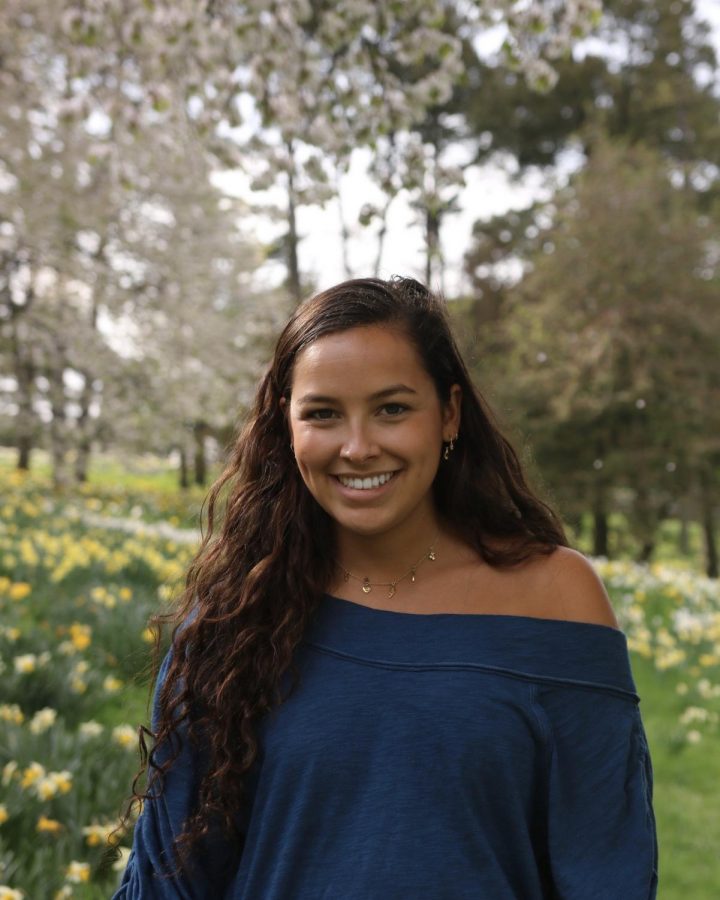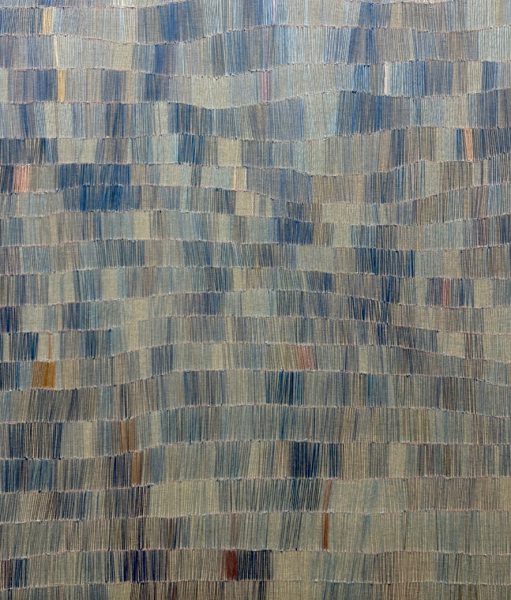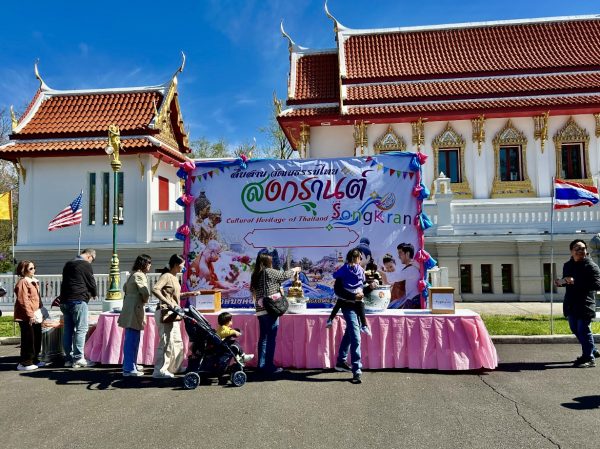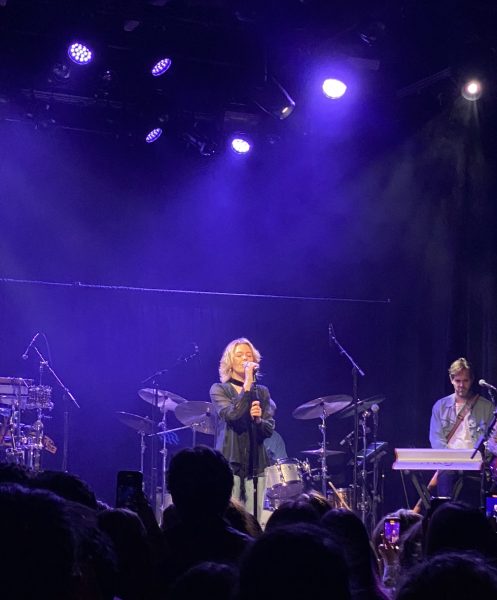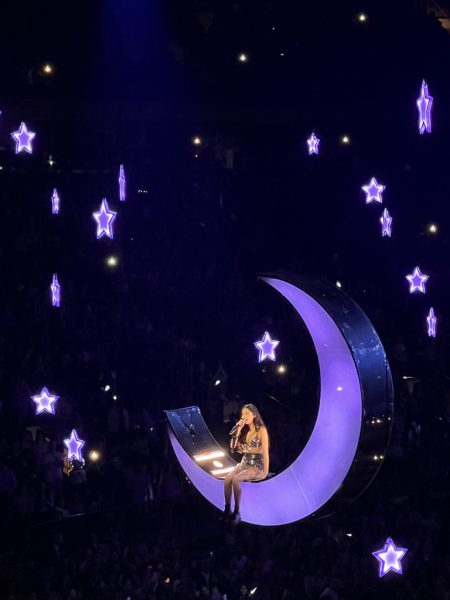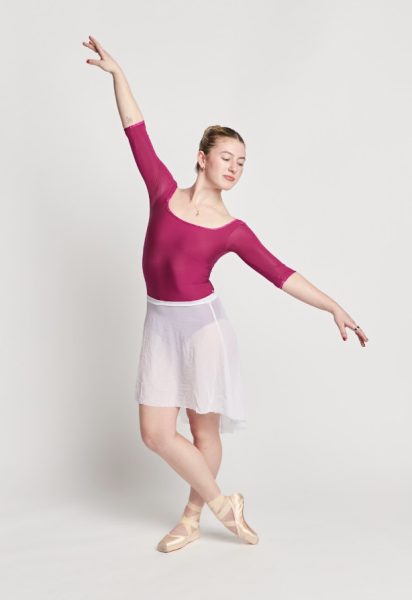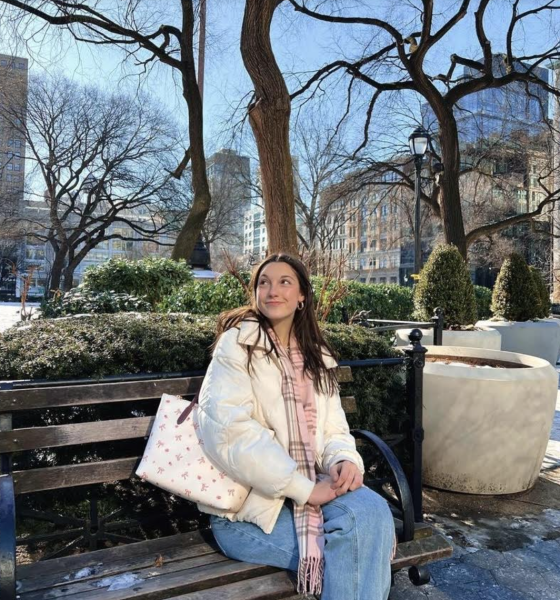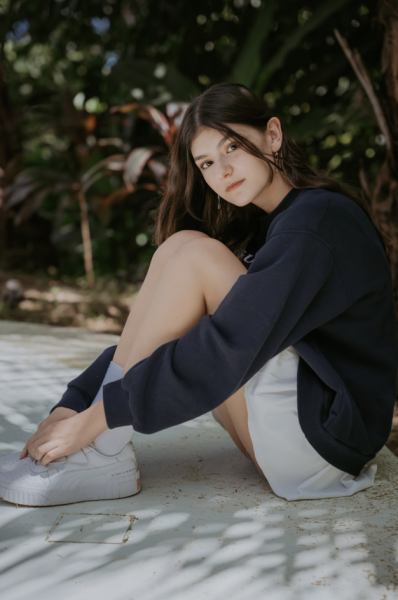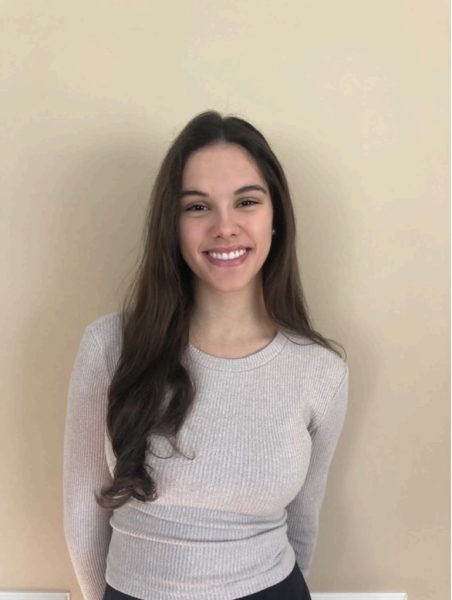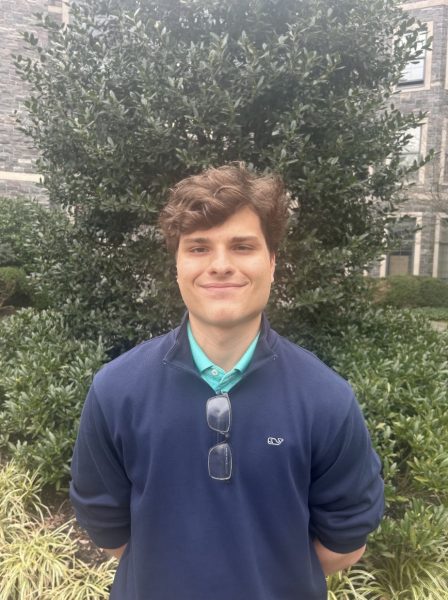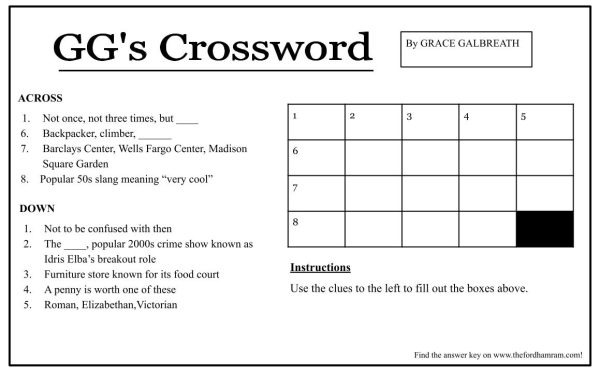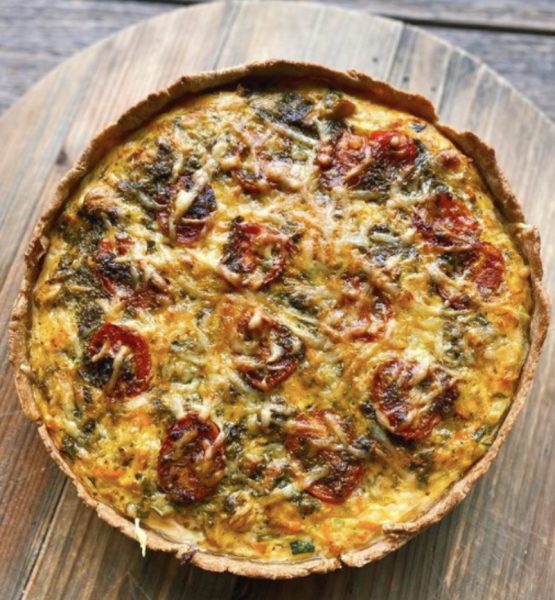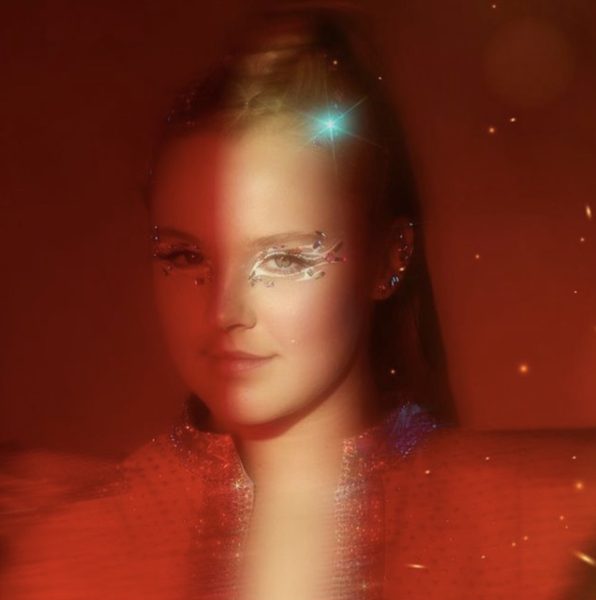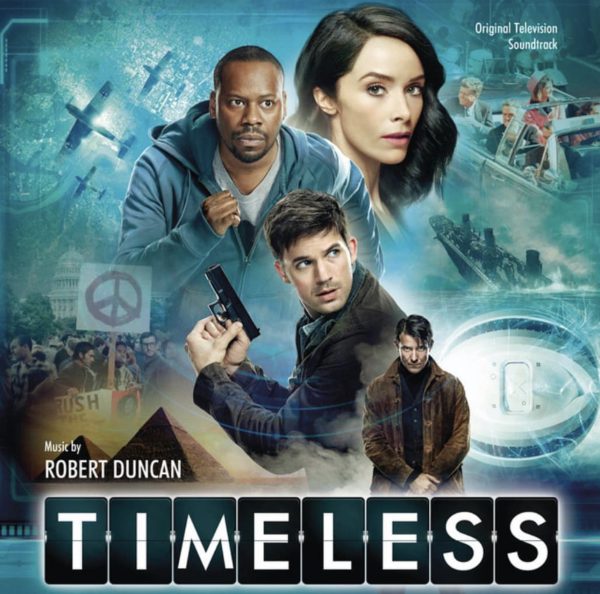Junior Strives to Save the Earth, One Policy at a Time
If we change nothing, we will commit irreparable damage to our planet — and that is a fact.
From the violent fires in Australia, which scientists say climate change magnified, to heart-jolting studies, some of which predict millions or even billions of people displaced by rising sea-levels, the climate catastrophe has become a constant topic of discussion. So far, it is the scary, depressing and defining theme of the 21st century.
And yet, worst of all, President Donald Trump and many of his supporters remain unconvinced. They mock climate activists like Greta Thunberg.
In the midst of this, Colleen Cochran, FCRH ’21, is a beacon of hope.
Cochran’s work focuses on climate change and public policy. She first began after Hurricane Sandy. The storm devastated her coastal community in Long Beach Island, New Jersey.
“We lost most of our homes,” she said.
During Sandy, the ocean shattered the natural dune structures in her area. These were vital to coastal management and habitat preservation. With her family, she tried new methods like irregular fence patterns to rebuild the dunes.
Coming into high school, Cochran had an opportunity to expand this work — her school required freshmen to do a research project. She did it on dunes.
“I wanted to give back to my community, and I thought the best way I could do that was through research,” she said. “I ended up partnering with homeowner agencies, town planners, people in my neighborhood that were involved in public facilities and actual homeowners.”
She tested new methods for their dune systems and helped build up many dune systems in her community. Although it wasn’t easy, she loved the experience.
“I would get eaten alive by greenhead flies,” she confessed. “There’s not a lot of dune research because it is really hard.”
In the wake of Sandy, one of the most jarring things for Cochran was seeing policy run contrary to science.
“What I learned is that environmental policy lends more to the political than the scientific or what the community wants,” she said. “A lot of that is towards sustaining tourism revenue and supporting affluent beachfront homeowners who want that immediate gratification … instead of investing in something that would be gradual and long-term.”
Now, she wants to move away from dunes and into environmental policy.
“As I’m beginning to publish in larger journals, I’m giving back to a much larger community,” she said. “And hopefully influencing local — and my goal is larger than local — policies.”
This past summer, Cochran published a study that she has been working on for four years.
“We interviewed long-term residents, beachgoers and any coastal stakeholders on their opinion and knowledge on coastal management,” she said. “We presented a study that was aimed at policymakers to produce better policies and communication strategies.”
The result has been gratifying.
“It’s been rewarding to have people reach out to me and talk about how the research I have done has impacted them,” she said.
Since she started her work so young, she said that many people did not take her seriously. Yet, working with professionals proved beneficial.
“The co-authors on all my papers all have Ph.Ds,” she explained. “It’s very challenging but good because I’ve been pushed to a very high level in the way I collect data and write, and these skills have translated to other parts of my life.”
Since coming to Fordham, Cochran has continued her work. Her freshman year, she was the sole undergrad to speak at the Fordham/NYU/Columbia Sustainable Cities conference.
“I don’t think they realized I was an undergraduate student when they accepted me to present,” she said. “They emailed me and they were like, ‘Dr. Cochran, congrats for presenting!’”
She credits the Fordham College research program as a fantastic resource.
“They help partner you with different scientific departments,” she said.
Cochran is partnered with Dr. Franks’ evolutionary ecology lab. She has done research on dune ecology with him over the past two summers. This past summer, she was also a Fordham and NYU research intern. She studied food security in relation to climate change.
Besides this research, Cochran is also intimately involved with Fordham’s Social Innovation Collaboratory.
“It’s a network of students and community members and faculty and administrators that are all working towards the advancement of social innovation, whether that’s through entrepreneurship, environmental sustainability or social justice,” she explained.
Cochran has helped to organize a network of people, and a map that highlights all the sustainable resources at Fordham. Now, they’re working towards getting Fordham to divest from fossil fuels and commit to 100% renewable energy.
She also stressed the need for Fordham, as an institution, to take part in sustainability reporting.
“They set goals, but there’s not a lot of recording, just putting out goals without concrete plans,” she said.
This semester, her focus is on fostering community and raising climate consciousness. She wants to highlight people doing sustainable things at Fordham, such as plant-based cooking, and bring attention to resources on campus, like composting at St. Rose’s Garden.
She urges everyone to follow their Instagram, @fuclimatechange.
“It’s a double-entendre,” she explained, laughing. “Fordham University, and also like, F-U, climate change!”
Outside of her work with climate change and research, she loves to cook. Recently, she has gotten into baking. Her favorite food to bake is banana bread.
“You can have it for breakfast, lunch and dessert,” she said.
Between balancing school, friends, research, the Collaboratory and baking, Cochran has a lot on her plate. Although she is modest about her success — casually slipping that she was a Udall scholar last year — it is clear that she is in pursuit of something much bigger.
Let her serve as an example to you, to me and to everyone — we can all do more to protect our planet, and we must.

